Big Data and ML Engineer Location: Kolkata, IndiaCTC: Best in IndustryExperience: 3-8 years;Academics: BE/Btech or any equivalent degreeResponsibilities:Work closely with US clients and the business stakeholders to identify and analyze…
Big Data and ML Engineer Location: Kolkata, IndiaCTC: Best in IndustryExperience: 3-8 years;Academics: BE/Btech or any equivalent degreeResponsibilities:Work closely with US clients and the business stakeholders to identify and analyze…

March is National Colorectal Cancer Awareness Month, which aims for greater awareness of the benefits of early detection through preventive screening tools. After heart disease, cancer is the next leading cause of death in the U.S. [CDC] Colorectal cancer was the next leading cause of U.S. cancer deaths in 2020, after lung cancer. [CDC]
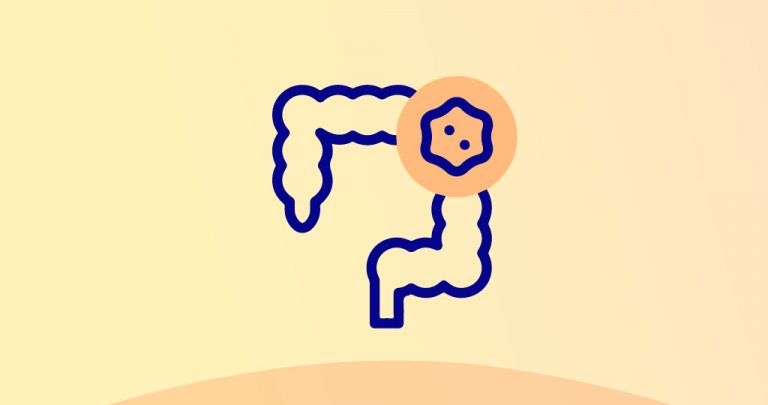
Overall, black males and females have higher colorectal cancer incidence and mortality rates compared to other racial groups [CDC]. Stratifying measures will help investigate and address inequities in care with better data. The National Committee for Quality Assurance (NCQA) has selected colorectal cancer screening as one of five measures, beginning in MY2022, which will stratify reporting results by race and ethnicity [NCQA].
As a population health management tool, COZEVA allows plan administrators, provider organizations, and their practices to easily track their patients’ care opportunities.
As a real-time metrics engine, COZEVA’s gap reports and powerful Analytics can better inform your organization’s outreach efforts. With options to target patients by geographic area, by length of time from last screenings, or by available race, ethnicity or language data, these efforts can improve patient compliance and engagement for improved health outcomes.
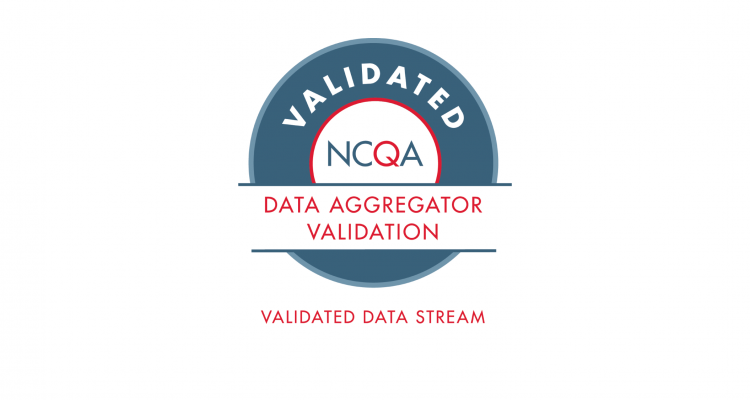
Validated Data Flows Promote Trust, Support Value-Based Contracting, Ease Quality Measurement Loads
Fremont, CA – February 16, 2022 – Applied Research Works-COZEVA, has earned the Validated Data Stream designation in the new National Committee for Quality Assurance (NCQA) Data Aggregator Validation program. Furthermore, COZEVA is the only NCQA-certified HEDIS and AMP metrics engine to also earn this certification and is part of the first NCQA cohort approved in December of 2021.

“This program reduces our customers’ burden with HEDIS reporting,” says Nikki Asao, Chief Customer Officer, Applied Research Works. “With this DAV certification, ARW’s clients, both health plans and provider groups, can concentrate on providing quality care and less on chasing missing data.”
The validation applies to EHR data from COZEVA’s client provider organizations and COZEVA’s direct EHR integration implementations with individual practices and providers. Data streams that earn validation undergo a rigorous, end-to-end look at the quality and integrity of data and the procedures used to manage and safeguard it. This certification process verifies Applied Research Works adherence to NCQA’s rigorous standards from ingestion at primary sources through the transmission to end-users.
Validation makes aggregated clinical data streams more valuable. Leveraging the consensus-based Healthcare Effectiveness Data and Information Set (HEDIS) audit process to validate clinical data flows prospectively, validation promotes trust in aggregated clinical data assets and insights drawn from these data sources. It boosts value-based contracting and, combined with new federal technology standards, makes many of its core features genuinely routine.
Seen as a vital, early step in achieving NCQA’s vision of a digital measurement ecosystem, validated data flows also improve the efficiency of today’s quality measurement processes. Uniquely accepted as standard supplemental data in HEDIS® audits, no primary source verification (PSV) is required for HEDIS reporting when health plans report data from Data Aggregator Validation validated sources.
For more information on NCQA validation, please click here.
NCQA is a private, nonprofit organization dedicated to improving health care quality. NCQA Accredits and Certifies a wide range of healthcare organizations. It also recognizes clinicians and practices in key areas of performance. NCQA’s Healthcare Effectiveness Data and Information Set (HEDIS®) is the most widely used performance measurement tool in health care. NCQA’s website (ncqa.org) contains information to help consumers, employers and others make informed health care choices. NCQA can also be found at Twitter @ncqa, on Facebook at facebook.com/NCQA.org/ and on LinkedIn at linkedin.com/company/ncqa.
Applied Research Works, Inc. is a health information technology and software as a services (SaaS) company. Its flagship product, COZEVA, is a platform that combines cloud-based data analytics, a real-time metrics engine, submission services, provider dashboards that directly engage patients and caregivers, and collaborative health records for AMP, HEDIS, and Risk Adjustment. In addition, it is the first product that is certified by NCQA, DirectTrust, EHNAC, and ONC simultaneously.
For more information, please contact: bizdev@cozeva.com
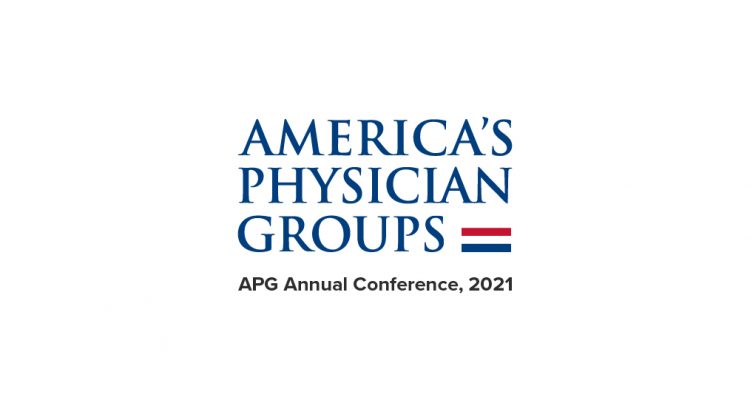
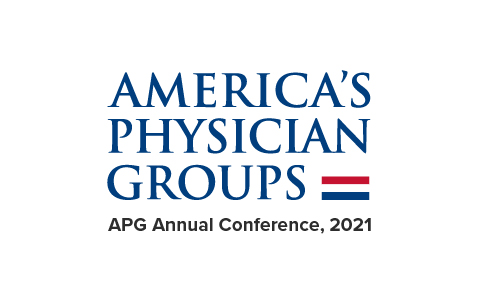
COZEVA will be at Booth #200 at the APG Conference!
We are a Platinum sponsor of the America’s Physician Group Annual Conference, which will be held December 9-11, 2021, at the Marriott Marquis San Diego Marina. COZEVA is looking forward to showcasing how we’ve improved quality performance and increased provider and staff engagement for a number of organizations in Value-Based Care arrangements.
Stop by our booth and chat with the COZEVA team, enter our raffle for a chance to win an iPad, and collect some swag for your offices!
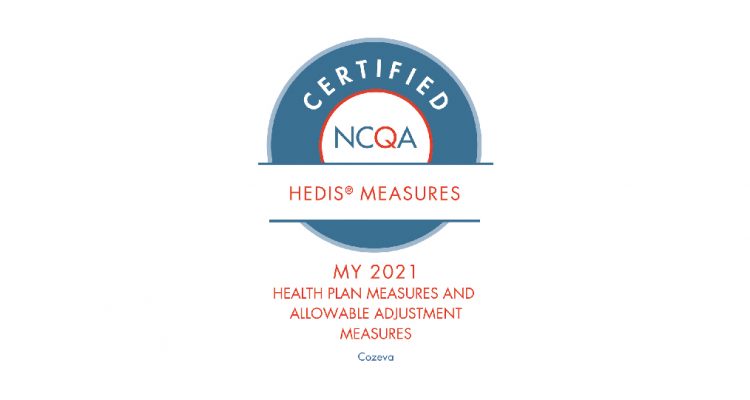
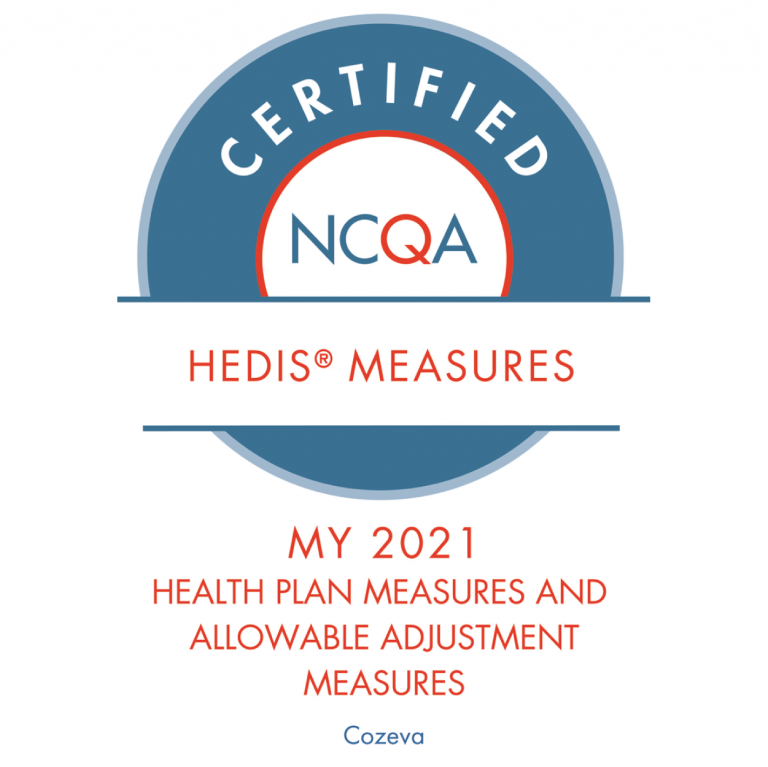
Applied Research Works, Inc. Cozeva has been certified for all HEDIS® MY2021 measures. Congratulations to the team for this impressive work!
HEDIS® is a registered trademark of the National Committee for Quality Assurance (NCQA).


Image by Rawpixel.com on Adobe Stock
As a population health management tool, COZEVA allows plan administrators, provider organizations, and their practices to easily track their patients’ care opportunities
As a real-time metrics engine, COZEVA’s gap reports and powerful Analytics can better inform outreach efforts. With options to target patients by geographic area, by length of time from last screenings, or by available race, ethnicity or language data, these efforts can improve patient compliance and health outcomes during these times of uncertainty.
References:
Breast Cancer Statistics https://www.cancer.net/cancer-types/breast-cancer/statistics
Breast Cancer Statistics https://www.cdc.gov/cancer/breast/statistics/index.htm
What is Breast Cancer Screening? https://www.cdc.gov/cancer/breast/basic_info/screening.htm
COVID-19 Pandemic Delayed Breast Cancer Screening in Many Parts of the United States https://www.breastcancer.org/research-news/covid-19-delayed-screening-in-us
Race/Ethnicity https://www.breastcancer.org/risk/factors/race_ethnicity
Centers for Disease Control and Prevention (CDC) https://www.cdc.gov/cancer/breast/statistics/index.htm


Illustration by GoodStudio on Shutterstock
Health literacy (HL), has been defined by the Health and Human Services (HHS) as the “degree to which individuals have the capacity to obtain, process; and understand basic health information needed to make appropriate health decisions.” [1] Yet, HL is not solely based on a person’s individual abilities but also depends on the intricacy and complexity of healthcare systems as well as HL related demands. [2]
The 2003 National Assessment of Adult Literacy (NAAL) showed that almost 300 million Americans scored below proficient in health literacy. [3] A recent study conducted in 2020 concluded that only 21% of Americans are familiar with the term Social Determinants of Health (SDoH), even though these factors can drive up to 80% of health outcomes. [4] As the pandemic has helped expose the country’s inability to protect its vulnerable populations, it has also sped up the conversations around SDoH and launched initiatives to address them. However, these initiatives can only be taken so far if the majority of the population is unfamiliar with what they are trying to address. Increasing HL would advance SDoH efforts to another level as it would increase the accessibility and inclusivity to populations who cannot afford to be left out of the conversation.
Ryan Bosch, president and co-founder of Socially Determined, has highlighted 5 different components that could help promote HL. In his article for MedCity News, “The Key to SDOH: Health literacy”, Mr. Bosch shares that the first step is to determine a person’s or population’s ability to access information as this is a critical step in order to gauge baseline barriers and further understand literacy gaps. [5]
Another pathway to promoting HL is providing information in the form and content available to individuals based on cultural competence, plain language approaches and the use of new technologies. The Clear Communication initiative by the National Institutes of Health (NIH) is a set of resource pages designated to dispersing information in an accessible manner, using plain language, as well as a tool to assist science and increase public health communication.
What are some pathways that you have come across at your organization? How have you worked towards improving Health Literacy in your organization? What methods or pathways do you find are most effective?
We want to hear your input and create an engaging space to learn from each other! Email us at: info@cozeva.com

According to the World Health Organization (WHO), as of September 2021, more than 55 million people are living with dementia worldwide, and there are approximately 10 million new cases every year. Dementia is caused by various diseases and injuries that affect the brain. Alzheimer’s Disease is the most common form of dementia and may comprise 60% to 70% of the total dementia cases.
At ARW (India), we are dedicated to supporting and collaborating in the cause of Alzheimer’s and Related Disorders Society of India (ARDSI) Calcutta Chapter, to help improve the overall quality of life for people living with Alzheimer’s and Dementia.

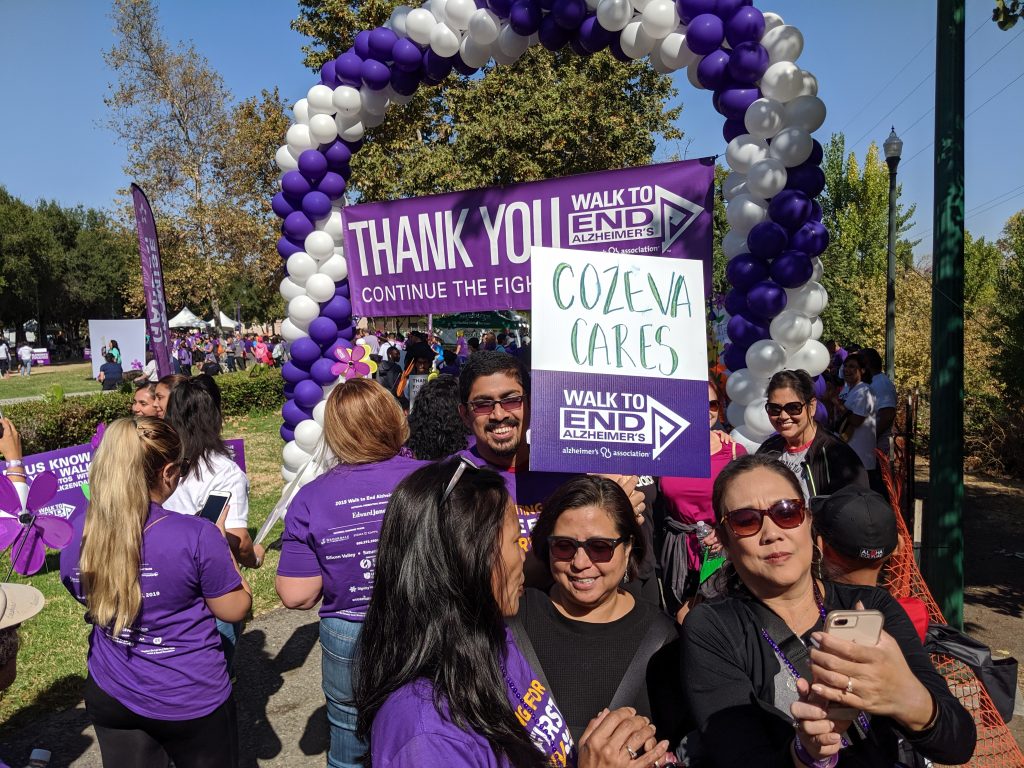
ARW (US) team participating in the Alzheimer’s Association walk (Bay Area, California)
Alzheimer’s Association reports that “an estimated 6.2 million Americans age 65 and older are living with Alzheimer’s dementia in 2021.” At ARW (US), we actively support and participate in the Alzheimer’s Association walk every year to commemorate and ‘remember those who cannot remember.’
To know more about Alzheimer’s Disease please visit World Alzheimer Reports: A comprehensive source of Global Socioeconomic information on dementia.
References:
Alzheimer’s Disease International: https://www.alzint.org/
Alzhiemer’s Association Facts & Figures: https://www.alz.org/alzheimers-dementia/facts-figures
National Institute of Health, Alzheimer’s Disease Fact Sheet: https://www.nia.nih.gov/health/alzheimers-disease-fact-sheet
World Health Organization Dementia Fact Sheet: https://www.who.int/news-room/fact-sheets/detail/dementia


Photo by Monkey Business Images on Shutterstock
CalAIM – California Advancing and Innovation Medi-cal, is a multi-year program by the Department of Health Care Services (DHCS) designed to enhance the quality of life and health impacts on the population. CalAIM was built on the successful results from prior pilots (such as Whole Person Care Pilots (WPC), Health Homes Program (HHP) and Coordinated Care Initiative) and was created to reform Medi-Cal by implementing broad delivery system, program and payment improvements across the program. [1]
For a more detailed explanation of what CalAIM entails, see 2021 CalAIM Proposal Review and CalAIM Executive Summary and Summary of Changes.
CalAIM is made of a variety of components, each to be released subject to their own timeline: [2]
Two foundational pillars of CalAIM are Enhanced Care Management (ECM) and In Lieu of Services (ILOS). Both of these reforms are set to be implemented at the beginning of January, 2022. ECM refers to a whole-person approach to comprehensive care management that addresses clinical and non-clinical needs. ILOS are medically appropriate and cost-effective alternatives to state plan services. ILOS are optional services to provide for Medical Managed Care Plans (MCPs) and optional for managed care members. [3]
At ARW, we are eager and getting ready for the implementation of CalAIM. Our Case Management (CM) showcases how Cozeva works as a trusted channel of communication between your patients, providers and care team to proactively manage your patient population. CM focuses on the social needs of a person and questions how your organization is managing the patient individually – this relies on a whole-person, comprehensive approach to care.
Cozeva Care is Care Management and CM for whole person care, this speaks on how to manage a population geographically, such as population management assessments.
1https://www.dhcs.ca.gov/provgovpart/Pages/CalAIM.aspx
2 Health Net presents CalAIM Coordinate Care Initiative (43:48) : https://www.youtube.com/watch?v=6-a6pKFHRhA
3 https://www.dhcs.ca.gov/Pages/ECMandILOS.aspx
4 https://www.dhcs.ca.gov/Documents/MCQMD/ECM-Key-Design-Implementation-Decisions.pdf
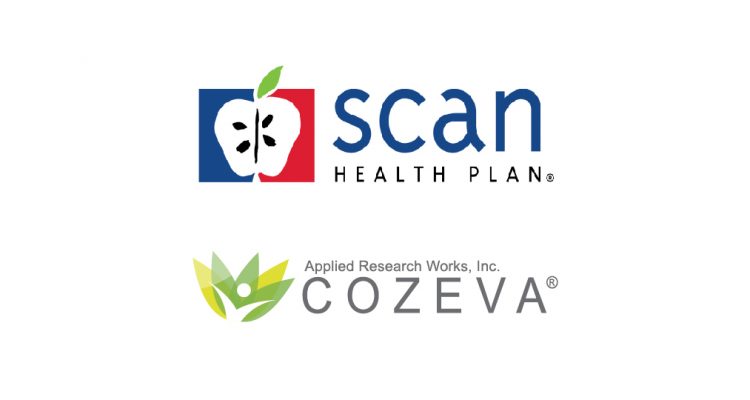
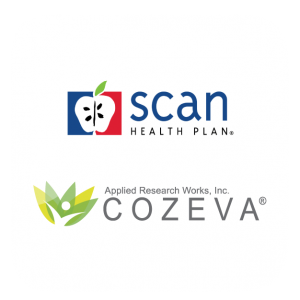
The following Cozeva clients were recognized by SCAN Health Plan:
SCAN’s internal quality metrics focus on preventive screenings, treatment of chronic conditions, and appropriate documentation to ensure patients get the care they need to remain healthy and independent. This past year has been extremely challenging for the healthcare industry and we want to recognize the hard work of all these medical groups. For the full article, please visit SCAN’s press room.
We use cookies to enhance your browsing experience. By clicking “Accept and Continue”, you consent to our use of cookies.